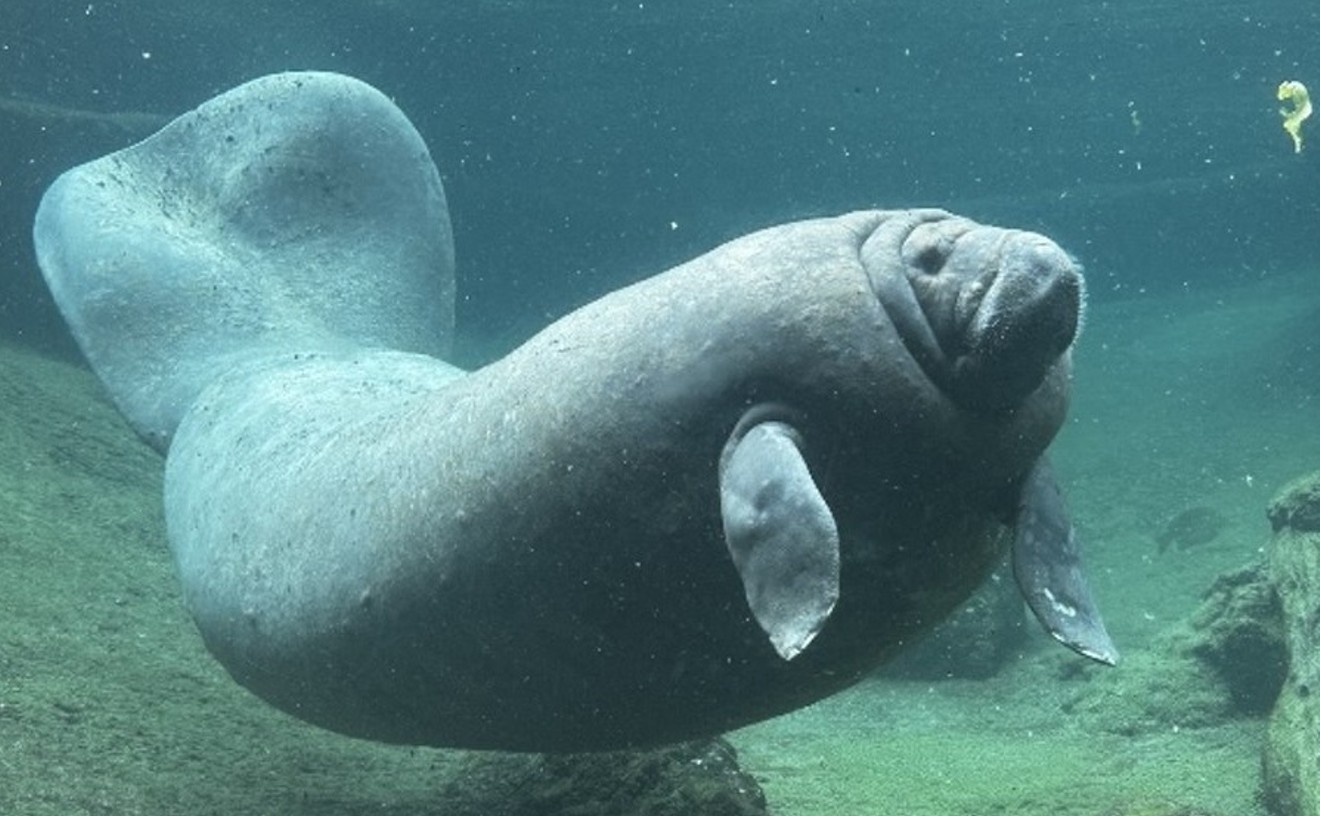Soon he would learn that his two friends, 18-year-old Jonathan Volcy and 14-year-old Raynathan Ray, hadn't been so lucky: Their bodies were found inside the apartment with single shots to the backs of their heads.
A TV crew from A&E's First 48 was there as Miami Police began to investigate. But Smart was stunned when detectives turned their focus his way. Taken in for questioning, Smart endured 15 hours of nonstop interrogation and even asked for a polygraph test 88 times, but his requests were denied. Detectives were convinced they had their man, and on November 18, Smart was arrested and charged in the double homicide.
Smart spent 19 months in jail — pleading his innocence the whole time — before his public defender was able to get the charges dropped. After his release, Smart sued the city for false arrest and violation of his civil rights, and last summer a jury ruled in his favor, coming back with a $860,000 award.
"This is
But more than a year after the jury reached its verdict, the city is now appealing the decision — and Smart has yet to see a dime of that money.
"They're going to try to push it back as far as they can push it back," says Smart's attorney, Joe Klock.
City attorneys have argued that there was probable cause for Smart's arrest and that filming him without his permission didn't violate his Fourth Amendment rights against unreasonable search and seizure. After the jury sided with Smart last summer, the city asked for a new trial, but its motion was denied by a federal judge this September.
City attorney Victoria Méndez told New Times in a statement that the city's legal team doesn't believe Smart presented enough evidence to prove his rights were violated.
"The City of Miami has appealed the District Court’s rulings regarding the sufficiency of
In court records, city attorneys take particular offense to a statement made by Klock in closing arguments that "the city pimped for First 48," but Klock has no regrets about his choice of words.
"They filmed without asking the permission of people whose lives they were ruining — they think they're entitled to do that," he says. "And that's exactly what they did."
In fact, Miami New Times investigated the city's ties to the First 48 in 2014 and found the show regularly pressured police to arrest innocent suspects to fuel the show's reality-TV narratives.
These days, Smart has actually joined Klock's team, working as a legal assistant for the firm, which frequently takes pro bono cases for indigent clients. Klock says it was difficult for Smart to find work even after his release, especially while the First 48 episode continued to air.
"It doesn't make any difference that the charges against you are dismissed when you're charged with murder," Klock says.
As of this week, there were no upcoming court dates addressing the city's appeal. Klock, meanwhile, is still confident in Smart's case.
"One positive thing that came out of this is that a jury of his peers — and not just his peers, but a cross section of the Miami community — believed him and not the cops," Klock says. "That helped, but he still has to be careful."











